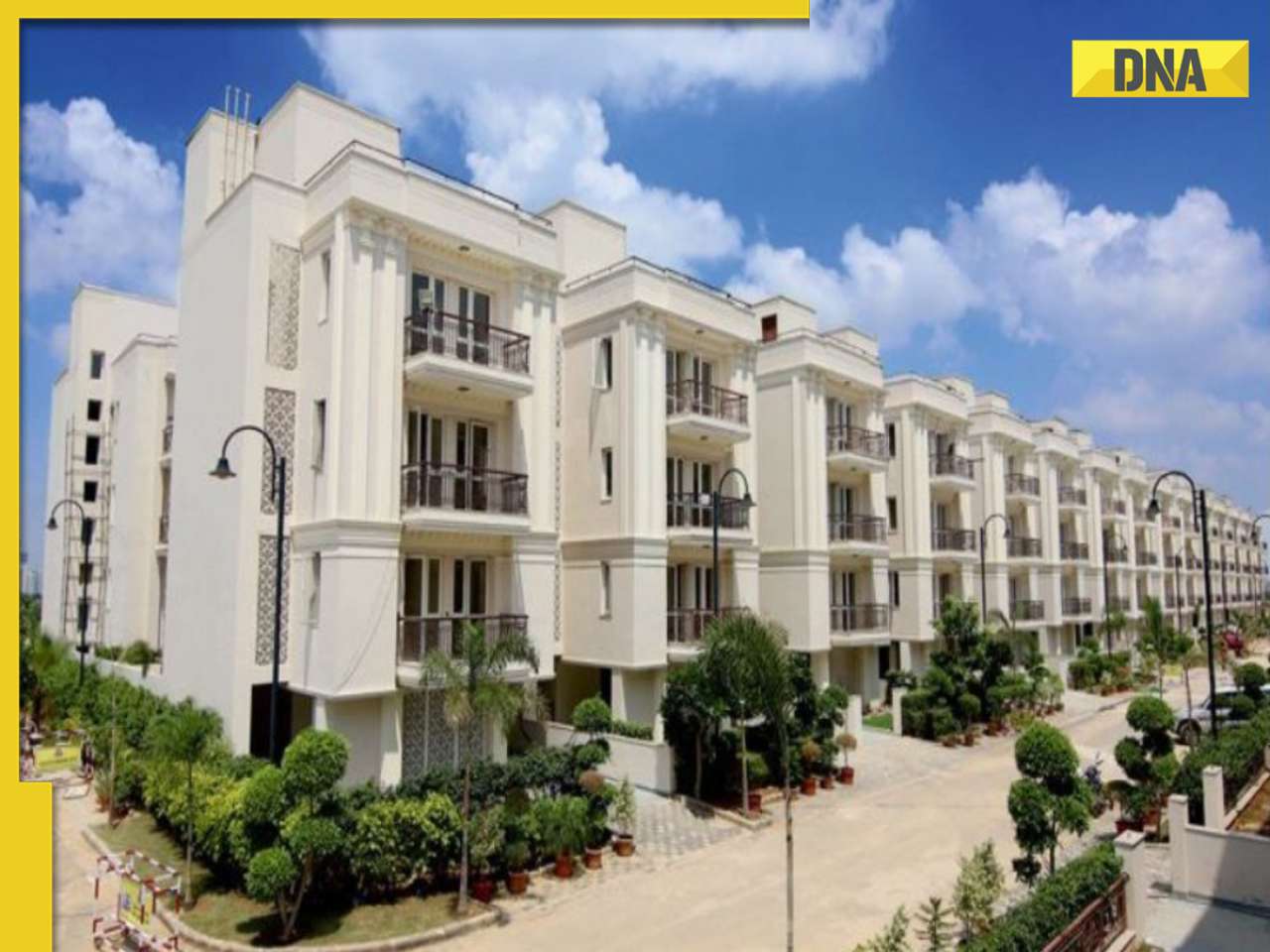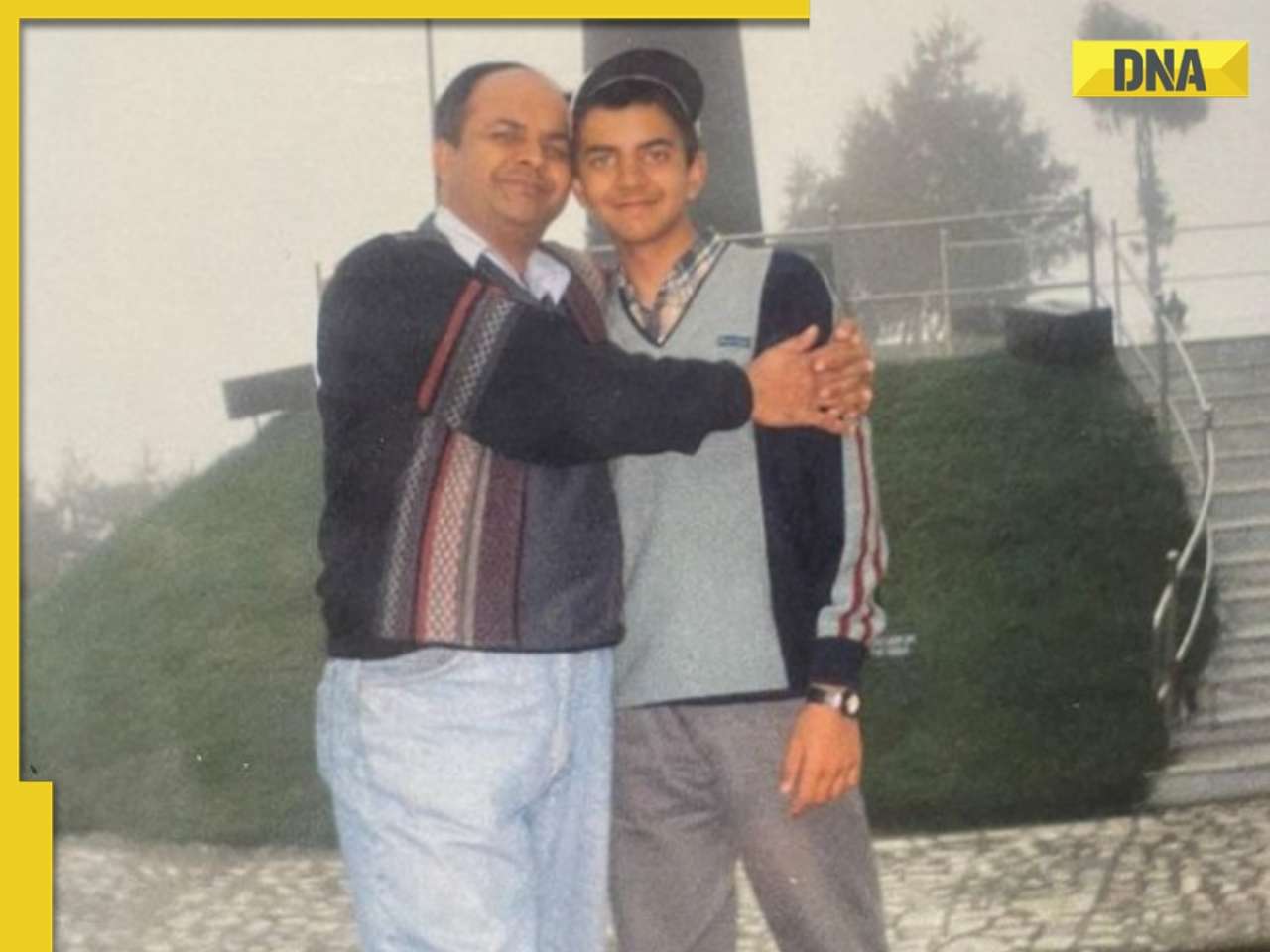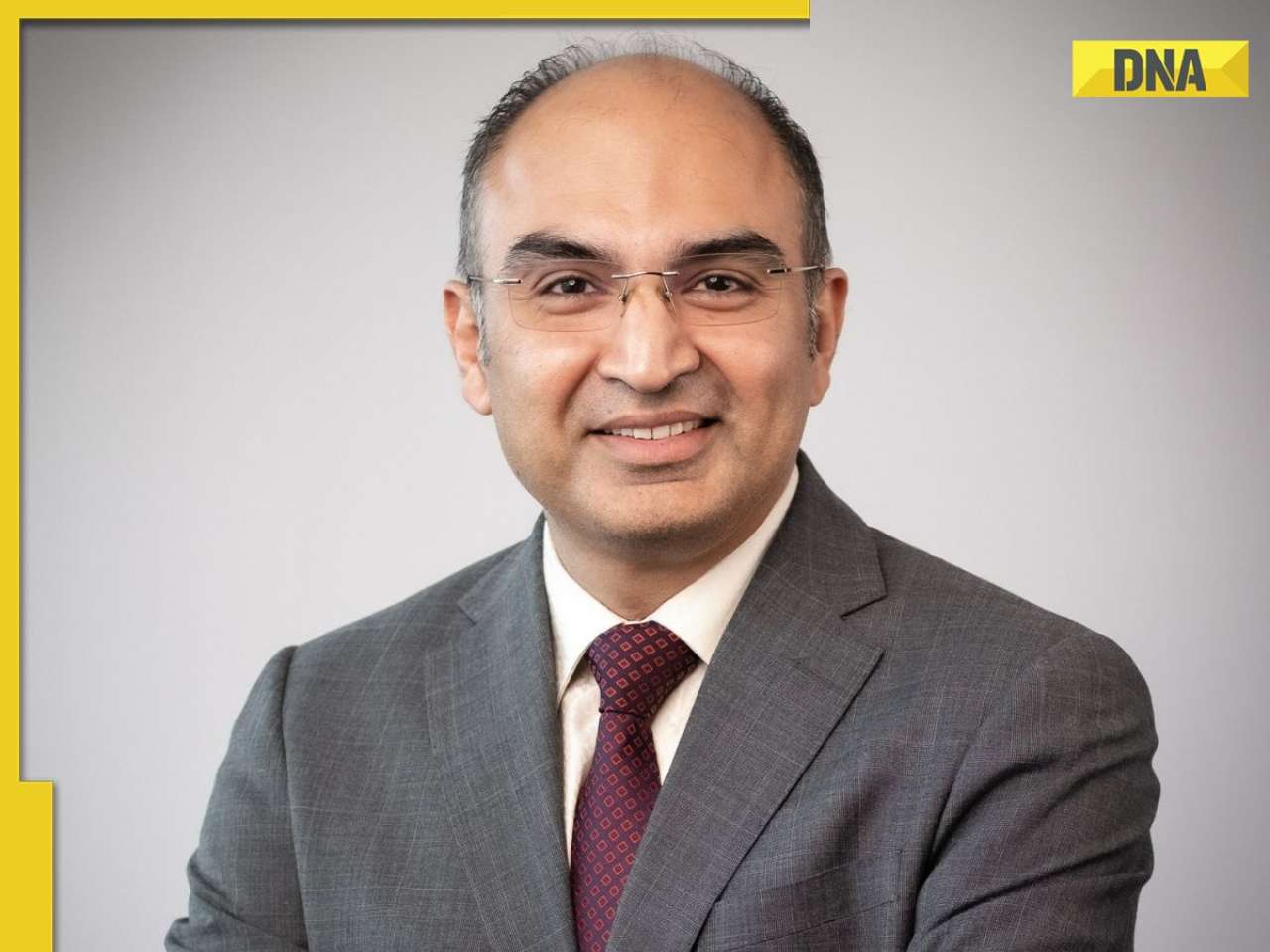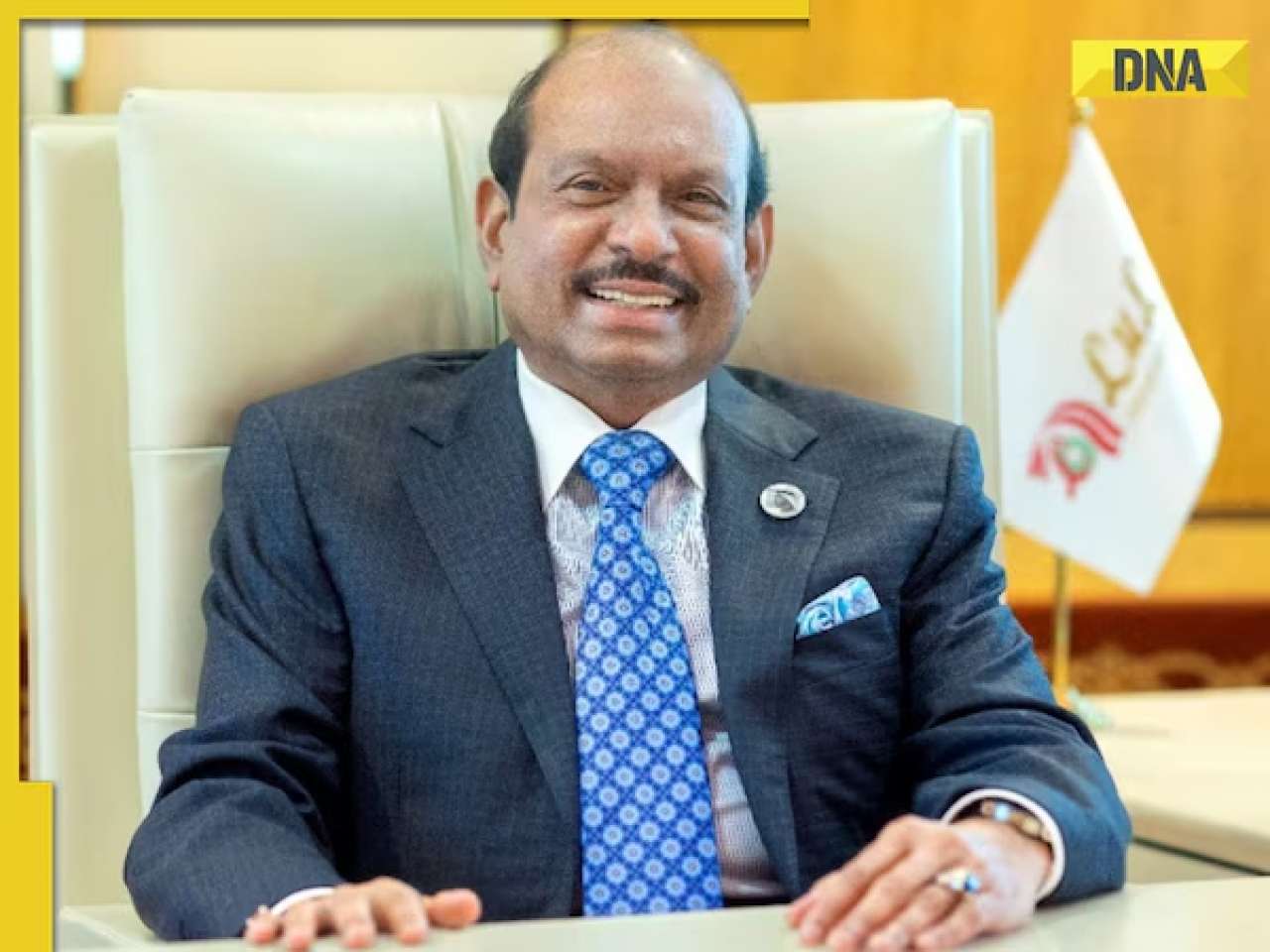The socio-economic condition of the poverty-stricken residents, compounded with illiteracy, poor civic sense, lack of toilet facilities, lack of sewerage lines, as well as lack of storm water drainage system, and lack of garbage lifting services, translate into an unbroken loop of disorder and disease.
Malwani, Mumbai's second biggest slum, is becoming a hotbed of potentially fatal issues. After over 100 deaths in the recent hooch tragedy, four leptospirosis deaths have been reported from the area. With at least a dozen patients taking treatment for leptospirosis, the disease is tightening its grip over the area. This is because of poor sanitation facilities. The BMC does not provide any services in private slums which are growing each day.
Social activists closely working with the people in the area cite several reasons for the existing situation. The socio-economic condition of the poverty-stricken residents, compounded with illiteracy, poor civic sense, lack of toilet facilities, lack of sewerage lines, as well as lack of storm water drainage system, and lack of garbage lifting services, translate into an unbroken loop of disorder and disease. This, despite the fact that local leaders and social activists have repeatedly represented the case of Malwani area in the BMC, asking that it be treated along the lines of Dharavi, and a cluster development plan be floated for it.
If one takes a walk through the congested areas of Azmi Nagar, Inaswadi, and Ambujwadi, one sees puddles of stagnant water, which exist because there are no storm water drain outlets. One encounters open defecation. The rodents scurrying through heaps of stinking garbage, too, are plainly visible. Kids, oblivious to the unhygienic surroundings, play in the narrow lanes. Their parents, who have poor knowledge of hygiene, let them play there.
This year, the civic health department has recorded 12 deaths because of leptospirosis so far. At least four of these deaths were recorded in Malwani. According to civic activists from the area, at least a dozen leptospirosis patients are taking treatment in the civic-run Kandivali Shatabdi Hospital.
Neither the state Government nor the BMC have come forward to control the situation, because most of the slums are illegal- these unauthorised structures are either built on the Collector's land or on private plots. Slumlords sell small shanties to vulnerable immigrants who have no other option for shelter in the city. Malwani's population is about 2.50 lakh. The voters' list shows 1.60 lakh. Each day, at least 50 to 100 people move into the already congested area.
Mohd Arif Qureshi, a social worker associated with the local MLA Aslam Shaikh, criticises the civic authorities for not lifting garbage, even in the areas where it should be providing services. "There are no drainage outlets in the area. Water puddles remain there for weeks and the muck finally dries up on it's own, but not before spreading disease. We call for fogging and spraying anti-mosquito pesticides, but the expanse of the area is so vast. Gastroenteritis, fever, malaria, dengue, and leptospirosis are common diseases here," said Qureshi.
Noella Varela, General Secretary, Vision Foundation, said that poverty and illiteracy are the root causes of the situation. "While our NGO works towards empowering women financially, we also try to ensure that each child reaches school. We try to spread awareness about cleanliness and personal hygiene through women and children. But, due to lack of civic services, all our efforts yield no desired effects," said Varela.
Aslam Shaikh, the MLA from the area, said that it is high time that the state government and the BMC declare the area as a slum. "For the past two years, I have put up proposals asking the state and BMC authorities for their approval to designate the areas as slums. This will help the residents to get better civic services and sanitation facilities", said Shaikh
Devendra Jain, Assistant Commissioner of P/North ward, claimed that sweeping services have been introduced in most of the areas. He said that toilet facilities and water supply, though, cannot be given to the encroachments. "We are trying to provide sweeping and garbage-lifting facilities in most areas. But civic services cannot be provided beyond our jurisdiction. The encroachment is on Collector's land and even on private MHADA plots. The state authorities will have to act on this immediately," said Jain.
![submenu-img]() Anant Raj Ventures into tier 2 and tier 3 cities, pioneering growth in India’s real estate sector
Anant Raj Ventures into tier 2 and tier 3 cities, pioneering growth in India’s real estate sector![submenu-img]() Sophie Turner reveals she wanted to terminate her first pregnancy with Joe Jonas: 'Didn't know if I wanted...'
Sophie Turner reveals she wanted to terminate her first pregnancy with Joe Jonas: 'Didn't know if I wanted...'![submenu-img]() Meet outsider who was given no money for first film, battled depression, now charges Rs 20 crore per film
Meet outsider who was given no money for first film, battled depression, now charges Rs 20 crore per film![submenu-img]() This is owner of most land in India, owns land in every state, total value is Rs...
This is owner of most land in India, owns land in every state, total value is Rs...![submenu-img]() Meet man who built Rs 39832 crore company after quitting high-paying job, his net worth is..
Meet man who built Rs 39832 crore company after quitting high-paying job, his net worth is..![submenu-img]() Meet woman who first worked at TCS, then left SBI job, cracked UPSC exam with AIR...
Meet woman who first worked at TCS, then left SBI job, cracked UPSC exam with AIR...![submenu-img]() Meet engineer, IIT grad who left lucrative job to crack UPSC in 1st attempt, became IAS, married to an IAS, got AIR...
Meet engineer, IIT grad who left lucrative job to crack UPSC in 1st attempt, became IAS, married to an IAS, got AIR...![submenu-img]() Meet Indian woman who after completing engineering directly got job at Amazon, then Google, Microsoft by using just...
Meet Indian woman who after completing engineering directly got job at Amazon, then Google, Microsoft by using just...![submenu-img]() Meet man who is 47, aspires to crack UPSC, has taken 73 Prelims, 43 Mains, Vikas Divyakirti is his...
Meet man who is 47, aspires to crack UPSC, has taken 73 Prelims, 43 Mains, Vikas Divyakirti is his...![submenu-img]() IIT graduate gets job with Rs 100 crore salary package, fired within a year, he is now working as…
IIT graduate gets job with Rs 100 crore salary package, fired within a year, he is now working as…![submenu-img]() DNA Verified: Is CAA an anti-Muslim law? Centre terms news report as 'misleading'
DNA Verified: Is CAA an anti-Muslim law? Centre terms news report as 'misleading'![submenu-img]() DNA Verified: Lok Sabha Elections 2024 to be held on April 19? Know truth behind viral message
DNA Verified: Lok Sabha Elections 2024 to be held on April 19? Know truth behind viral message![submenu-img]() DNA Verified: Modi govt giving students free laptops under 'One Student One Laptop' scheme? Know truth here
DNA Verified: Modi govt giving students free laptops under 'One Student One Laptop' scheme? Know truth here![submenu-img]() DNA Verified: Shah Rukh Khan denies reports of his role in release of India's naval officers from Qatar
DNA Verified: Shah Rukh Khan denies reports of his role in release of India's naval officers from Qatar![submenu-img]() DNA Verified: Is govt providing Rs 1.6 lakh benefit to girls under PM Ladli Laxmi Yojana? Know truth
DNA Verified: Is govt providing Rs 1.6 lakh benefit to girls under PM Ladli Laxmi Yojana? Know truth![submenu-img]() In pics: Taarak Mehta Ka Ooltah Chashmah actress Deepti Sadhwani dazzles in orange at Cannes debut, sets new record
In pics: Taarak Mehta Ka Ooltah Chashmah actress Deepti Sadhwani dazzles in orange at Cannes debut, sets new record![submenu-img]() Ananya Panday stuns in unseen bikini pictures in first post amid breakup reports, fans call it 'Aditya Roy Kapur's loss'
Ananya Panday stuns in unseen bikini pictures in first post amid breakup reports, fans call it 'Aditya Roy Kapur's loss'![submenu-img]() Remember Harsh Lunia? Just Mohabbat child star, here's how former actor looks now, his wife is Bollywood's popular...
Remember Harsh Lunia? Just Mohabbat child star, here's how former actor looks now, his wife is Bollywood's popular...![submenu-img]() Mother's Day 2024: Bollywood supermoms who balance motherhood, acting, and run multi-crore businesses
Mother's Day 2024: Bollywood supermoms who balance motherhood, acting, and run multi-crore businesses![submenu-img]() Rocky Aur Rani's Golu aka Anjali Anand shocks fans with drastic weight loss without gym, says fitness secret is...
Rocky Aur Rani's Golu aka Anjali Anand shocks fans with drastic weight loss without gym, says fitness secret is...![submenu-img]() Haryana Political Crisis: Will 3 independent MLAs support withdrawal impact the present Nayab Saini led-BJP government?
Haryana Political Crisis: Will 3 independent MLAs support withdrawal impact the present Nayab Saini led-BJP government?![submenu-img]() DNA Explainer: Why Harvey Weinstein's rape conviction was overturned, will beleaguered Hollywood mogul get out of jail?
DNA Explainer: Why Harvey Weinstein's rape conviction was overturned, will beleaguered Hollywood mogul get out of jail?![submenu-img]() What is inheritance tax?
What is inheritance tax?![submenu-img]() DNA Explainer: What is cloud seeding which is blamed for wreaking havoc in Dubai?
DNA Explainer: What is cloud seeding which is blamed for wreaking havoc in Dubai?![submenu-img]() DNA Explainer: What is Israel's Arrow-3 defence system used to intercept Iran's missile attack?
DNA Explainer: What is Israel's Arrow-3 defence system used to intercept Iran's missile attack?![submenu-img]() Sophie Turner reveals she wanted to terminate her first pregnancy with Joe Jonas: 'Didn't know if I wanted...'
Sophie Turner reveals she wanted to terminate her first pregnancy with Joe Jonas: 'Didn't know if I wanted...'![submenu-img]() Meet outsider who was given no money for first film, battled depression, now charges Rs 20 crore per film
Meet outsider who was given no money for first film, battled depression, now charges Rs 20 crore per film![submenu-img]() Meet actress who quit high-paying job for films, director replaced her with star kid, had no money, now lives in...
Meet actress who quit high-paying job for films, director replaced her with star kid, had no money, now lives in...![submenu-img]() This star kid's last 3 films lost Rs 5000000000 at box office, has no solo hit in 5 years, now has lost four films to...
This star kid's last 3 films lost Rs 5000000000 at box office, has no solo hit in 5 years, now has lost four films to...![submenu-img]() Meet actress viral for just walking on screen, belongs to royal family, has no solo hit in 15 years, but still is…
Meet actress viral for just walking on screen, belongs to royal family, has no solo hit in 15 years, but still is…![submenu-img]() This is owner of most land in India, owns land in every state, total value is Rs...
This is owner of most land in India, owns land in every state, total value is Rs...![submenu-img]() Blinkit now gives free dhaniya with veggie orders, thanks to Mumbai mom
Blinkit now gives free dhaniya with veggie orders, thanks to Mumbai mom![submenu-img]() Meet man, an Indian who entered NASA's Hall of Fame by hacking, earlier worked on Apple's...
Meet man, an Indian who entered NASA's Hall of Fame by hacking, earlier worked on Apple's...![submenu-img]() 14 majestic lions cross highway in Gujarat's Amreli, video goes viral
14 majestic lions cross highway in Gujarat's Amreli, video goes viral![submenu-img]() Here's why Isha Ambani was not present during Met Gala 2024 red carpet
Here's why Isha Ambani was not present during Met Gala 2024 red carpet






































)

















)
)
)
)
)
)